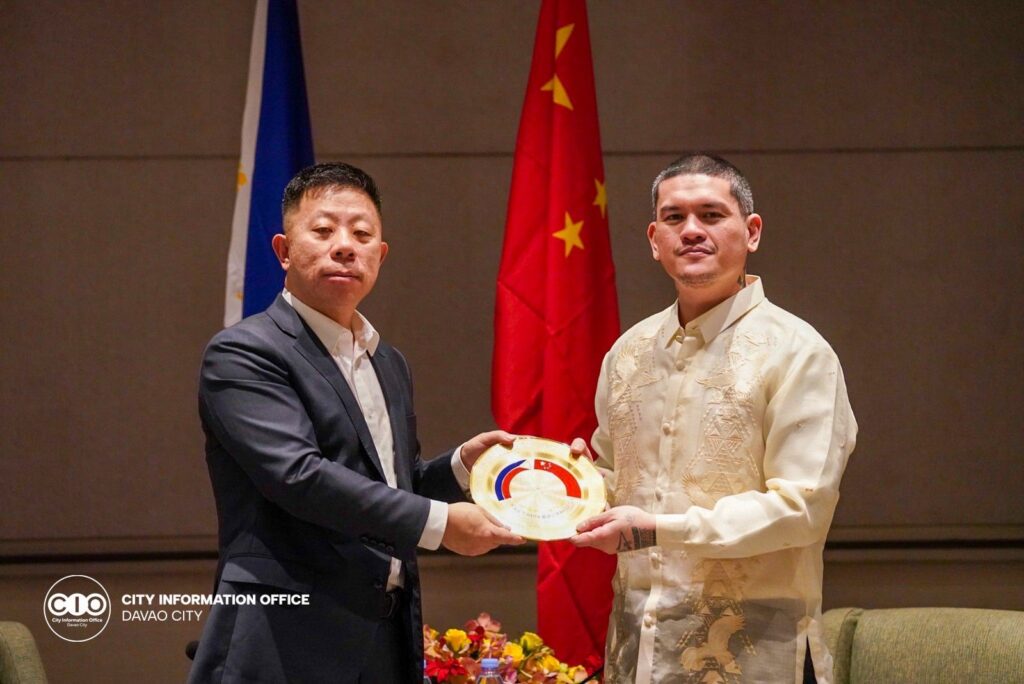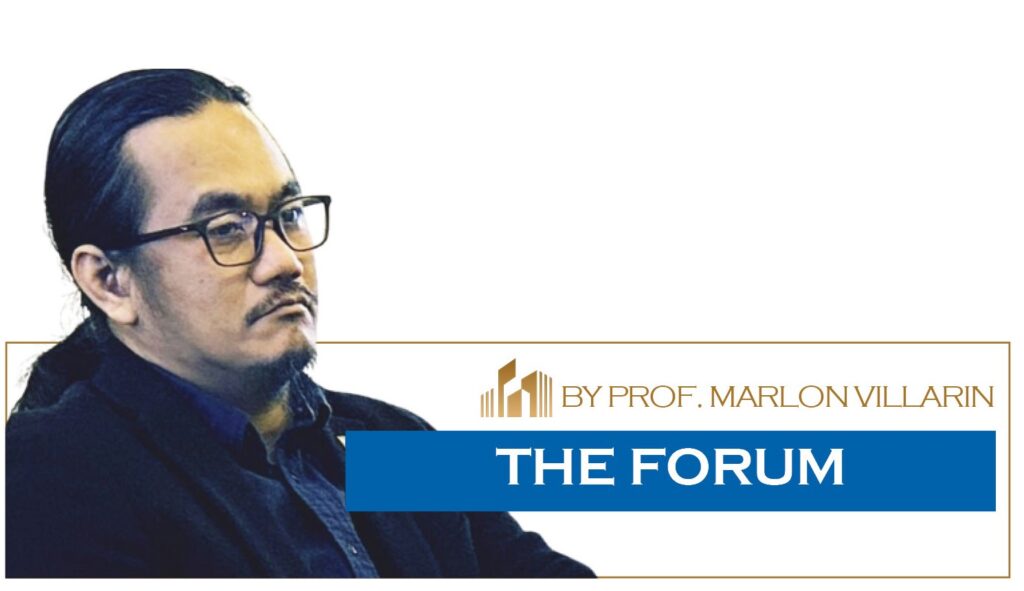Luke 14:7-14
We regularly observe the decisions and actions of our elected leaders. Jesus himself went through this situation when he accepted the Pharisee leader’s invitation to eat dinner at his home. (Luke 14:1). We must talk about the fundamental qualities a leader needs to possess to become honorable in today’s gospel. Since they are chosen by the people, all elected officials in our system are referred to as “honorable.” Many of us wonder, though, if they are genuinely honorable people.
Being humble is one of the qualities that our leader needs to possess. St. Augustine of Hippo lists humility as the cornerstone of all virtues. A humble man ought to be obedient to his God and communicate with constituents in a proper manner. Without treating the people with respect and maintaining a humble tone, no leader can achieve success. One can characterize a humble person as modest or non-arrogant. Therefore, humility is a behavior that demonstrates respect for others. If that is the case, everyone must act in this manner. We use it as a personal characteristic, but nobody is immune from doing it.
Being hospitable is another religious virtue that we should strive for. Because it is our responsibility to extend hospitality to everyone, especially strangers (Hebrews 13:3), the apostle Paul reaffirmed the need for us to practice hospitality in Romans 12:13. When we put this concept into practice, we are reflecting God’s kindness to everyone on the planet. To foster community, unity, and reconciliation between believers and non-believers, hospitality is essential. The practice is an effective way to bring us together as God’s witnesses and to provide chances to show God’s love and love for our adversaries. In 1 Peter 4:9, St. Peter exhorted us to show hospitality to one another without complaining as a sign of our greater concern and love for our friends, family, and community.
Honor comes last. We become honorable once we put humility and hospitality into practice. We are now the honorable representatives of good deeds, so we don’t need to be elected. The community considers respectable individuals who have never legitimately won an election. The public actually recognizes him or her as an honorable individual. It is the people who might hold him or her in high regard. He or she inspires both believers and non-believers to contribute to the qualities of life and possesses high moral standards and integrity. There is no requirement for them to distribute relief supplies, bribe their constituents with “ayuda,” or act in any other manner. Since an honorable servant’s word is a command in the community, it must be followed. By doing this, the community collaborates in line with the concept of “bayanihan,” or teamwork, thanks to the guidance of the community’s honorable members. “Do not repay anyone evil for evil,” the apostle Paul states in his epistle to the Romans. Think carefully about what everyone believes is right. In this epistle, St. Paul reminds us of the importance of honesty, morality, and following God’s instructions as a way to live an honorable life.
Lastly, those are qualities that lead to spiritual development. Our politicians are making a lot of effort to become spiritual men, but not many of them are regarded by the public as corrupt leaders. They aren’t assisting us in escaping poverty. Our politicians are securing our permanent emotional, spiritual, cultural, and physical poverty. We pray that God will change the world and bring it back to God’s kingdom through his son, Jesus Christ, who is a true leader.
Prayer
Almighty God of all nations, please lead us to change our society so that it is more like your kingdom. Don’t leave us; instead, offer us greater faith and hope that, as You promised, our country will rise to greatness once more. Please continue to guide and bless us into the next generation. Each day gives us faith in Your assurance and promise of provision and hope. Amen.
________________
Prof. Ruel D. Garcia is a theology professor at La Consolacion University Philippines as well as the former editor-in-chief of the International Journal on Culture, History, and Religion (IJCHR.paschr.ph).




